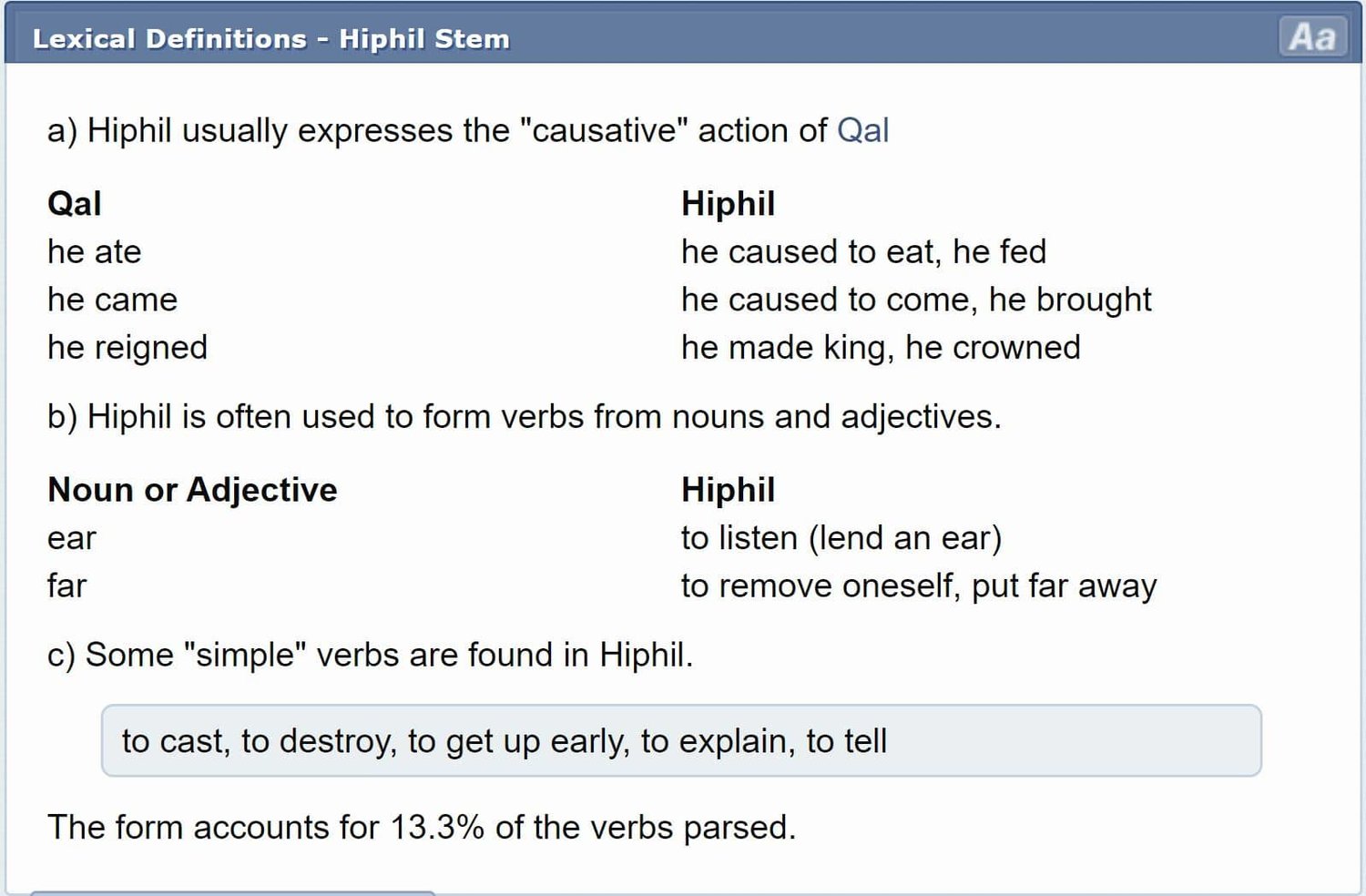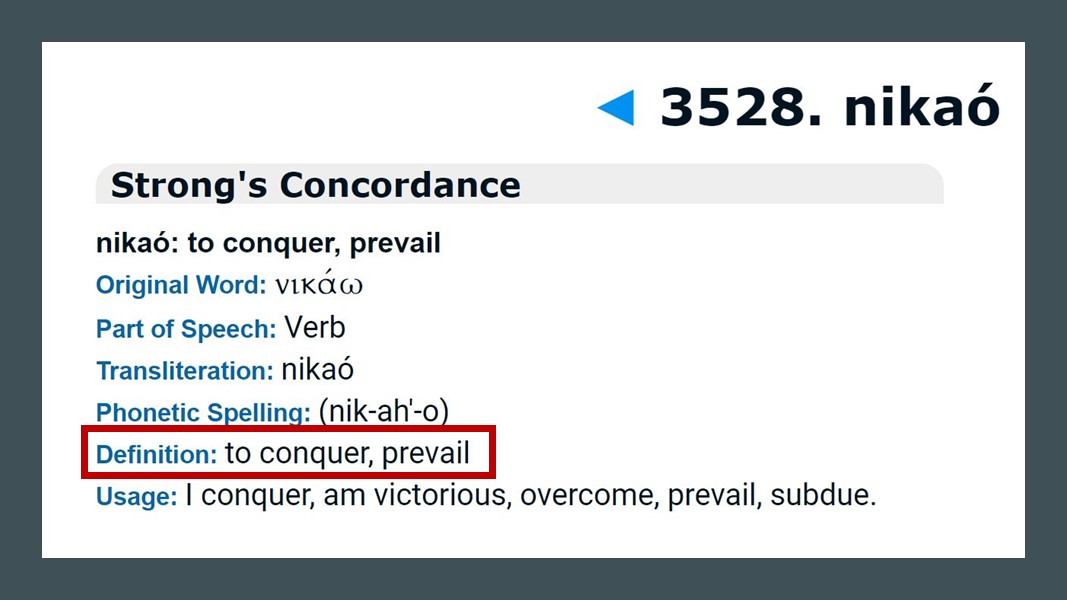The Antichrist's 7-Year Covenant

The Bible describes the final 7 years prior to the reign of Christ on earth.
And he will make a firm covenant with the many for one week, but in the middle of the week he will put a stop to sacrifice and grain offering; and on the wing of abominations will come one who makes desolate, even until a complete destruction, one that is decreed, is poured out on the one who makes desolate.” Daniel 9:27 NASB
This covenant has five important features:
- It is made by an end-times Roman ruler.
- It is made for 7 years
- It is made with Israel and possibly many others
- It is a promise of protection for Israel
- It peacefully expands the Antichrist’s territory
1. It is made by an end-times Roman ruler.
To understand this, we have to go back to the preceding verse, before he makes the 7-year covenant.
26 Then after the sixty-two weeks the Messiah will be cut off and have nothing, and the people of the prince who is to come will destroy the city and the sanctuary. And its end will come with a flood; even to the end there will be war; desolations are determined.
We know from history that the Romans, led by general Titus, destroyed Jerusalem and the temple. However, notice it does not say that “the prince who is to come will destroy the city and the sanctuary.” It only says that the people of coming prince destroy Jerusalem and its temple. The people who laid siege to Jerusalem were the Romans. Therefore the coming ruler is not Titus, but some other future Roman ruler.

This future Roman ruler is the same as the end-time Antichrist. The Antichrist rises to power in an end-times Roman Empire, centered around Western Europe. Furthermore, this ruler is active in the 7 years immediately prior to the reign of Christ on earth.
The final ruler of the end-times Roman Empire is the Antichrist. Therefore, it is the Antichrist who makes this contract.
2. It is made for 7 years.
Context makes it abundantly clear that one “week” is a group of seven years, not seven days. It is important to note that, so far, each week has been 7 Jewish years, which is 2520 days. (1) This is slightly shorter than 7 years on a Gregorian calendar.
As a result, there are a few possible outcomes. Since the Antichrist is a Gentile, he might use the Gregorian calendar to make his covenant for seven years. Nevertheless, as far as God’s timetable is concerned, the 70th week would only be 2520 days. As we will see later, the Antichrist doesn’t actually finish out the covenant, but breaks it in the middle.
Another possibility is that the Antichrist does make his covenant for 2520 days. Perhaps he signs the covenant for 7-years on a Gregorian calendar, but the contract is not ratified by his government until a month or so later, making the remainder of the covenant only 2520 days.
3. It is made with Israel and many others
The 7-year covenant is made with “many.” Therefore, many countries may be party to the Antichrist’s contract. However, the entire 70 weeks prophecy is decreed “for your people and your holy city", that is, the Jews and Jerusalem (Dan. 9:24). Therefore, we can safely infer that Israel is one of the participants in the covenant. We will see further support for this in the next point.

4. It is a promise of protection for the people of Israel
Although not mentioned in Daniel 9, several passages indicate that this covenant will involve a promise of protection for Israel. The most lengthy passage on this can be found in Isaiah 28.
Because you have said, “We have made a covenant with death,
and with Sheol we have an agreement,
when the overwhelming whip passes through
it will not come to us,
for we have made lies our refuge,
and in falsehood we have taken shelter”;
16 therefore thus says the Lord God,
“Behold, I am the one who has laid[a] as a foundation in Zion,
a stone, a tested stone,
a precious cornerstone, of a sure foundation:
‘Whoever believes will not be in haste.’
17 And I will make justice the line,
and righteousness the plumb line;
and hail will sweep away the refuge of lies,
and waters will overwhelm the shelter.”
18 Then your covenant with death will be annulled,
and your agreement with Sheol will not stand;
when the overwhelming scourge passes through,
you will be beaten down by it. (Isaiah 28:15-18 ESV)
Zechariah also speaks of someone who is a “shepherd” of Israel. But instead of protecting her, he “deserts the flock.”
Woe to my worthless shepherd, who deserts the flock! May the sword strike his arm and his right eye! Let his arm be wholly withered, his right eye utterly blinded! (Zechariah 11:17 ESV)
This time of security for Israel is also implied in Ezekiel 38. When speaking of foreign invaders, God says:
After many days you will be mustered. In the latter years you will go against the land that is restored from war, the land whose people were gathered from many peoples upon the mountains of Israel, which had been a continual waste. Its people were brought out from the peoples and now dwell securely, all of them. (Ezekiel 38:8 ESV)
Later in the passage, it provides more detail on this sense of security for end-time Israel, saying:
“Thus says the Lord God: On that day, thoughts will come into your mind, and you will devise an evil scheme and say, ‘I will go up against the land of unwalled villages. I will fall upon the quiet people who dwell securely, all of them dwelling without walls, and having no bars or gates,’ (Ezekiel 38:10-11)

Dr. John Walvoord, former President of Dallas theological seminary, says that:
He will enter into a seven-year covenant of protection and peace with the people of Israel (Daniel 9:27). (2)
Therefore, we can safely conclude that the Antichrist’s 7 year covenant involves a promise of military protection for Israel.
5. It peacefully expands the Antichrist’s empire.
This is only implied in Daniel 9:27, but is made more clear in Revelation 6. Here, we see the Four Horsemen of the Apocalypse. However, many commentators believe that the first horseman represents the Antichrist:
Now I watched when the Lamb opened one of the seven seals, and I heard one of the four living creatures say with a voice like thunder, “Come!” And I looked, and behold, a white horse! And its rider had a bow, and a crown was given to him, and he came out conquering, and to conquer. (Revelation 6: 1-2)
This rider immediately precedes the second of the Four Horsemen, who represents war.
When he opened the second seal, I heard the second living creature say, “Come!” And out came another horse, bright red. Its rider was permitted to take peace from the earth, so that people should slay one another, and he was given a great sword. (Revelation 6:3-4)
Notice how bloodshed is not mentioned until the second horseman rides out. Therefore, the rider on the white horse likely conquers without bloodshed. Furthermore, this conqueror doesn’t carry a sword like the second horseman, but holds a bow instead. This implies that he conquers from a distance, perhaps with the threat of military force. Finally, the rider on the white horse is given a “crown” (Greek: stephanos). This is a victory crown, not a royal crown. (2) Therefore, this conquest represents some kind of diplomatic success which expands his empire.
Dr. John Walvoord, former President of Dallas Theological Seminary, summarizes these points quite nicely:
The brilliant career of this imperial rider on the white horse has been interpreted by the historicists as applying to the golden age of prosperity and good government that elapsed from the death of Domitian to the accession of Commodus. It is far more probable, however, that the reference is to the rise and career of a mighty imperial ruler after the rapture of the Church, who brings under his sway a vast territory in an endeavour to maintain peace, order, and prosperity.154
Commentators have noted the description of the rider. He is pictured as having a bow, symbol of distant victory, but no mention is made of the arrows. This has been construed as indicating a bloodless victory, but this interpretation cannot be dogmatically held. He is, however, given a crown, that is, the crown of a victor (Gr., Stephanos), not the crown of a sovereign. The emphasis is not so much on his authority as on his victory, as confirmed by the latter part of verse 2, where he is said to go forth conquering and to conquer. Though he is in fact destined to be a world ruler, the emphasis is on the temporary victory which is his. (3)
Diplomatic Success Implied in Daniel
This victory is implied in Daniel 9:27, though in a very subtle fashion. Most translations say that the Antichrist makes a covenant for seven years.
And he shall make a strong covenant with many for one week (Dan. 9:27a ESV)
And he will make a firm covenant with the many for one week (Dan. 9:27a NASB)
However, other translations aren’t so clear. For example, NIV says:
He will confirm a covenant with many for one ‘seven.’ (Dan. 9:27a NIV)
Holman Christian Standard Bible, a fairly literal Bible translation, says:
He will make a firm covenant[a] with many for one week (Dan. 9:27a HCSB)
a) OR “will enforce a covenant”
These alternate translations should tip us off to see that the word may imply something other than simply making a covenant.
The word for making/confirming this covenant is gabar. This word means “to be strong, mighty.” It is often translated as “prevail.” (4) However, in Daniel 9:27, “gabar” is in the “Hiphil” tense. Blue Letter Bible provides some examples of what this means. The Hiphil tense turns a simple verb into a causal one. See Blue letter Bible’s examples here (5) :

New American Standard Lexicon also describes its meaning in each tense:
Definition
to prevail, have strength, be strong, be powerful, be mighty, be great
(Qal)
- to be strong, mighty
- to prevail
- (Piel) to make strong, strengthen
(Hiphil)
- to confirm, give strength
- to confirm (a covenant)
(Hithpael)
- to show oneself mighty
- to act proudly (toward God) (5)
Therefore, the verse might sound something like this. He will “strengthen” or “cause to prevail” a covenant with many for one week. (6) This may mean that he strengthens an existing covenant. (7)
Recall how the rider on the white horse rides out to “conquer.” The definition of this word means to conquer or prevail. (8)

Therefore, from both Daniel 9:27 and Revelation 6:1-2, we see that the Antichrist prevails and is victorious in a diplomatic conquest.
So far, we have seen what the covenant is like. However, the Antichrist breaks this covenant halfway through, and commits the abomination of desolation. In the next article, we will discuss this in more detail.
P.S. This covenant might already be under construction, with the EU’s 7-year contract with Israel.
References:
- Walvoord, John F., and Roy B. Zuck. The Bible Knowledge Commentary: An Exposition of the Scriptures. CO Springs, CO: Victor, an Imprint of Cook Communications Ministries, 2004. Old Testament Edition
- “Chapter X The King Of The North.” Walvoord.com. Accessed October 9, 2019. https://walvoord.com/article/301.
- Walvoord, John F. “The Beginning Of The Great Day Of God's Wrath.” Walvoord.com. Accessed October 1, 2019. https://walvoord.com/article/264.
- “Strong's Hebrew: 1396. גָּבַר (Gabar) -- to Be Strong, Mighty.” Bible Hub. Accessed October 1, 2019. https://biblehub.com/hebrew/1396.htm.
- “Lexical Definition for Hiphil Stem.” Blue Letter Bible. Accessed October 1, 2019. https://www.blueletterbible.org/help/lexicalDefinitions.cfm?lang=H&num=8818
- “Gabar - Old Testament Hebrew Lexicon - New American Standard.” Bible Study Tools. Accessed October 1, 2019. https://www.biblestudytools.com/lexicons/hebrew/nas/gabar.html.
- LaHaye, Tim, and Edward E. Hindson, eds. Exploring Bible Prophecy from Genesis to Revelation. Eugene, Or.: Harvest House Publishers, 2011.
- “Strong's Greek: 3528. Νικάω (Nikaó) -- to Conquer, Prevail.” Bible Hub. Accessed October 1, 2019. https://biblehub.com/greek/3528.htm.
